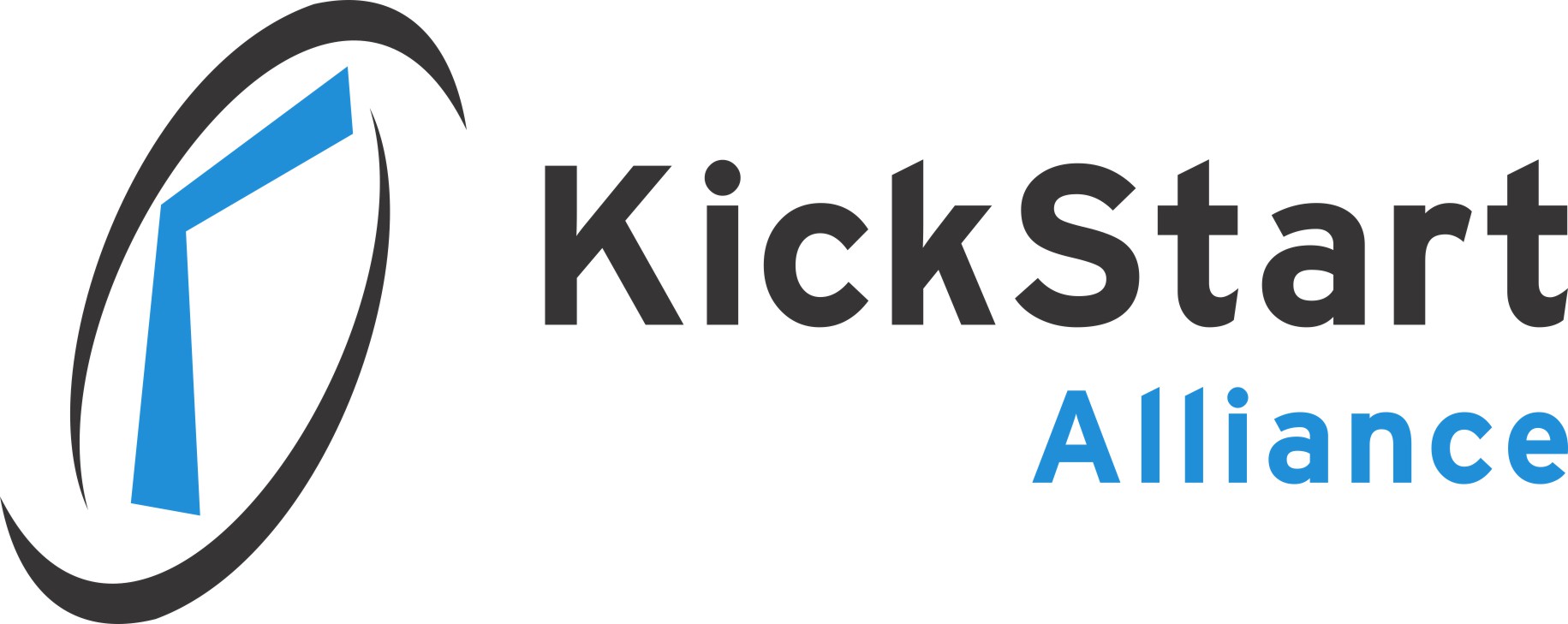At the close of a year we look back on the resolutions set, the projects planned and the initiatives launched a year earlier, only to find disappointing results. Why is that? Why to do these resolutions, projects and initiatives fail to achieve their desired results year after year? It’s frustrating. How can we turn this around?
There are four key reasons why projects, initiatives and resolutions fail. These apply to ANY project, like implementing CRM or updating back-office process. They apply to ANY initiative, like launching a new line-of-business or improving customer satisfaction. They even apply to New Year’s resolution, like losing weight or learning Spanish.
Overlooking context.
Problem: The team may not understand the real purpose of the initiative, what results are expected, why those results are important and what do you want them to do? An individual may understand the “intellectual” reasons for the project but don’t connect with it “emotionally”. Status quo is easier and up until now “the way we have always done it” has worked okay, even if it is not perfect.
Get context on track: With a team, agree on mission, vision, goals & objectives (pick your favorite word). Have the team work on this together so that they “own it”. Give management and organizational visibility to the project or initiative goals. Make an “emotional” and personal connection for individuals.
Decoupling program from real work.
Problem: The project, initiative or resolution may not seem relevant to real world actions. A resolution to lose weight is easily driven off track by parties and eating out. A project is derailed by daily urgent tasks and a full business schedule. Inspiring off-site meetings become dim memories once we step back into our daily routines and only about 10% of what took place is retained.
How to recouple: Set aside time to work on the project, initiative or resolution. This means scheduling time for it, perhaps NOT doing something else and prioritizing it above other familiar tasks. Review the initiative or project periodically to make sure that it is still relevant to the real world, things change quickly and adjust as necessary. Include the initiative in performance expectations for organizations, teams and individuals.
Understanding mindsets.
Problem. Our mindset has been shaped over years of business and personal, experience and interactions. We have figured out what works for us and what doesn’t in particular circumstances and conditions. It is natural to rely on old patterns that have been successful in the past rather than attempting new untried actions. Individual motivation is also a critical component of our mindset and it is a complex combination of personal, social and organizational reasons.
Aligning initiative with mindset: For managers or project leaders, understand their point-of-view on why their initiative or project is important and not-important personally, socially and organizationally. If required, adjust the goals of the project to align with what’s important to them. For individuals, it’s more personal. Individuals want to understand their role, how their contribution is important and “what’s in it for me” or why is meaningful. If an individual does not connect with any of those three elements they will drop out and not perform, whether it is as a member of a project team or on a personal New Year’s resolution.
Failing to measure results.
Problem: There are lots of quotes about measuring results. We have all heard them. “If you can measure it, you can’t manage it.” Well, it’s true. If you or someone else doesn’t care enough to check in on the results, why bother?
Celebrate results: Milestones and metrics should be set by the individual and team, themselves – not just assigned. Have managers outline what needs to be accomplished by when their projects. When what will be measured comes internally from the leader, the team or the individual, they will “own” it, especially if they understand why it is important personally, socially or organizationally. Have periodic reviews to celebrate progress and achievement as well as praise the adjustments and learning because most initiatives require changes to succeed.
These thoughts were inspired by a recent McKinsey article “Why leadership development programs fail”. That article is specific to leadership development training but in my opinion was applicable far beyond that to any initiative, project or resolution. It’s link is below if you wanted to see what inspired my comments.
